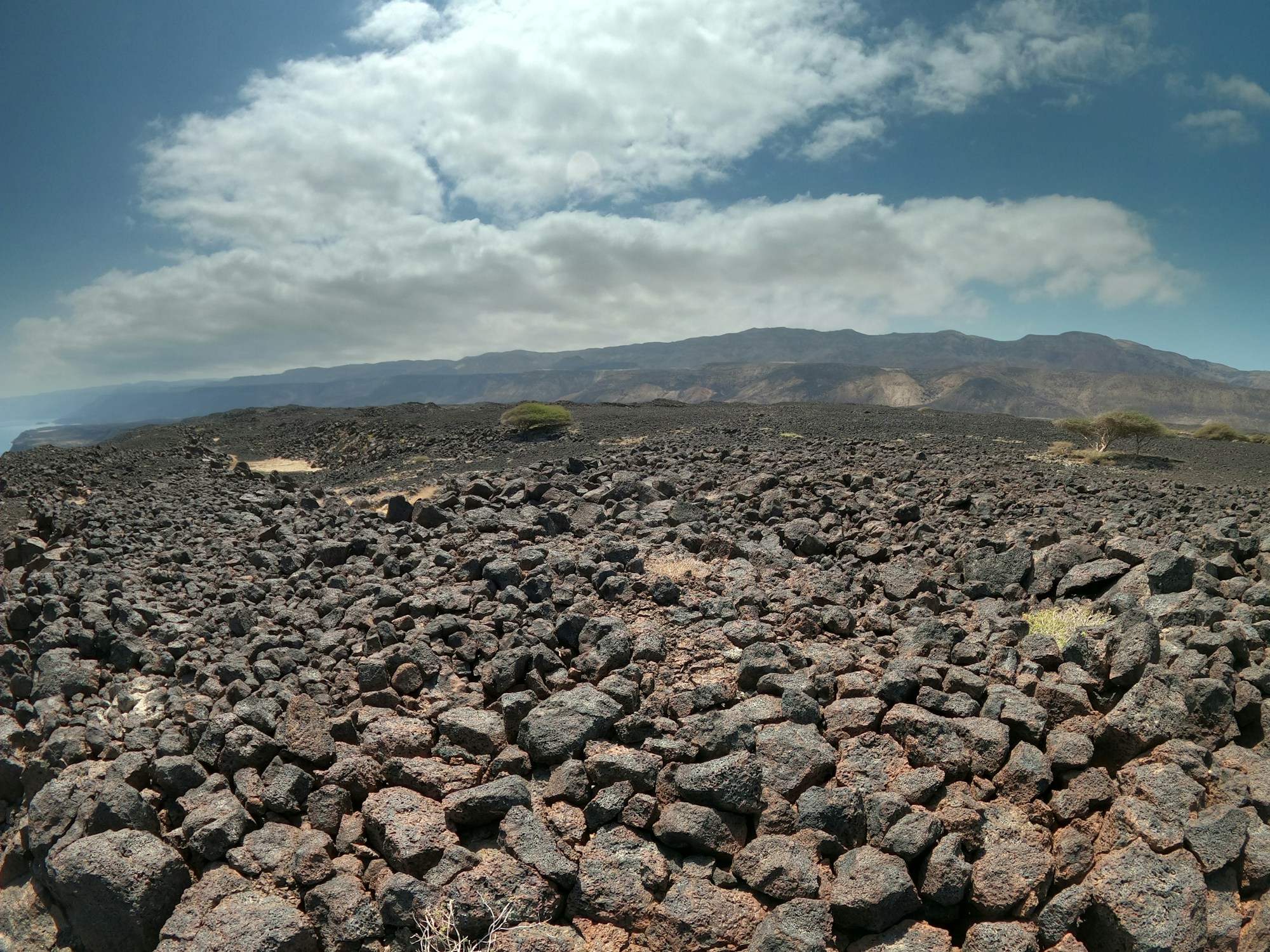Djibouti Weather & Best Time to Visit: A Seasonal Guide

Djibouti Weather & Best Time to Visit: A Seasonal Guide
Djibouti, located on the eastern coast of Africa, experiences a hot desert climate characterized by high temperatures, minimal rainfall, and abundant sunshine throughout the year. Understanding the weather patterns and the best time to visit can help you plan your trip to this fascinating country.
Seasons in Djibouti
Djibouti has two main seasons:
- Hot season (June to September): During this period, temperatures soar, often exceeding 40°C (104°F) during the day. The weather is mostly dry and dusty, with occasional gusts of the hot and dry wind known as the "Harmattan."
- Cool season (October to May): The cool season brings relatively milder temperatures, ranging from 25°C to 35°C (77°F to 95°F). It is also the time when Djibouti receives sporadic rainfall, mainly in the form of short and intense showers.
Monthly Breakdown of Weather
Here is a monthly breakdown of Djibouti's weather to help you plan your visit:
| Month | Season | Humidity | Temperature (°C) | Sunshine Hours | Rainfall (mm) |
|---|---|---|---|---|---|
| January | Cool | Low | 27-31 | 8-9 | 6 |
| February | Cool | Low | 27-31 | 9-10 | 8 |
| March | Cool | Low | 28-32 | 9-10 | 2 |
| April | Cool | Low | 30-34 | 9-10 | 5 |
| May | Cool | Low | 31-36 | 9-10 | 5 |
| June | Hot | Low | 36-40 | 10-11 | 0 |
| July | Hot | Low | 36-41 | 9-10 | 0 |
| August | Hot | Low | 36-41 | 9-10 | 3 |
| September | Hot | Low | 36-40 | 9-10 | 2 |
| October | Cool | Low | 32-36 | 9-10 | 5 |
| November | Cool | Low | 30-34 | 8-9 | 9 |
| December | Cool | Low | 28-32 | 8-9 | 5 |
It's important to note that Djibouti's climate is generally hot and dry, with relatively little rainfall throughout the year. The cool season offers a slightly more comfortable climate, making it the preferred time for visitors.
Best Time to Visit Djibouti
The best time to visit Djibouti is during the cool season, from October to May. During this period, temperatures are more moderate, and the weather is generally pleasant for outdoor activities such as exploring the country's stunning landscapes, visiting national parks, or enjoying water sports in the Gulf of Tadjoura.
If you plan to visit Djibouti for whale watching, the months of November to February offer the best chance to witness the annual migrations of humpback whales and whale sharks along the coast.
While the hot season (June to September) can be incredibly hot for some travelers, it may appeal to those seeking a unique experience in the country's extreme climate. However, it's important to take precautions to avoid heat-related illnesses and ensure you stay hydrated.
Overall, Djibouti offers a unique mix of stunning landscapes, rich history, and vibrant cultures. By planning your visit during the most suitable season, you can make the most of your time in this fascinating country.
